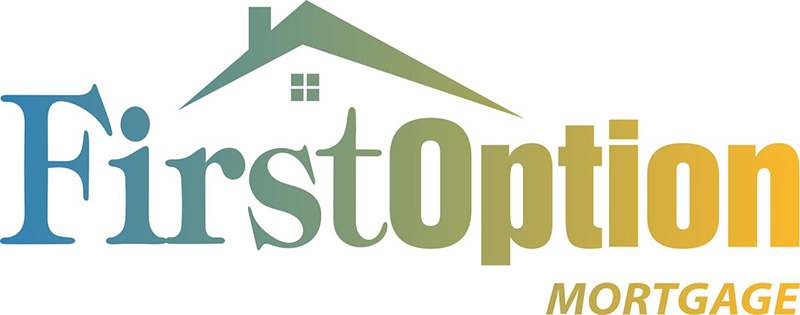Collateral is a term that refers to assets that a lender can accept as a form of security for a loan. There are different purposes of different loans, but collateral can take on the form of real estate or other kinds of assets. Collateral also acts as a form of protection for the lender so that if a borrower defaults on their loan payments, the lender will be able to acquire any collateral and sell it to make money for their losses.

How Collateral Works
When it comes time for you to apply for a loan, a lender will want to know if you’ll be able to repay it. This is why so many of them need some form of security, and this security is called collateral. Its goal is to minimize risk for lenders by ensuring the borrower stays on track with their financial obligation. If the borrower does end up defaulting, the lender acquires the collateral and sells it, putting the money from the sale towards the unpaid portion of the loan. Once this is completed, the lender will decide if they want to recoup the remaining balance or pursue legal action against the defaulted borrower.
At the beginning of the post, you may have noted that collateral can take different forms. Usually, it has something to do with the nature of the loan, meaning that collateral for a mortgage would be the home while collateral for a car loan would be the car. Nonspecific personal loans can use different assets for collateral, like a secured credit card being secured by a cash deposit for the exact amount of the credit limit.
Loans that are secured through collateral usually offer lower interest rates than unsecured loans. A lien is a lender’s claim to a borrower’s collateral, and it’s a legal right or claim that the lender gets against an asset so they can satisfy a debt. This gives the borrower a good reason to repay the loan on time because if they default, they lose their house or anything else they have listed as collateral.
Different Types of Collateral
As mentioned above, collateral depends on the nature of the loan. Some collateral loans include:
Residential Mortgages: Mortgages are loans where the house is the collateral. If a mortgage isn’t paid for at least 120 days, legal proceedings can begin by the loan servicer. Once the proceedings are complete, they take possession of the house through foreclosure. The property is transferred to the lender and they sell it to repay the loan’s remaining principal.
Home Equity Loans: A house can be used as collateral for a second mortgage or home equity line of credit (HELOC). This means that the loan amount will not be worth more than the house’s current equity. For example, if your home is worth $200,000 but you have $150,000 left on the primary mortgage, you can only get a second mortgage or HELOC worth $50,000.
Margin Trading: A big factor in margin trading is collateralized loans. For this, an investor borrows a broker’s money to buy shares. They then use the balance in the investor’s brokerage account as collateral. The loan increases the number of shares that the investor can buy, meaning that the potential gains are multiplied if the shares increase in value. However, the risk is also multiplied. If the shares lose value, then the broker will demand payment for the difference. If this happens, the account is used for collateral since the borrower wasn’t able to cover the loss.








